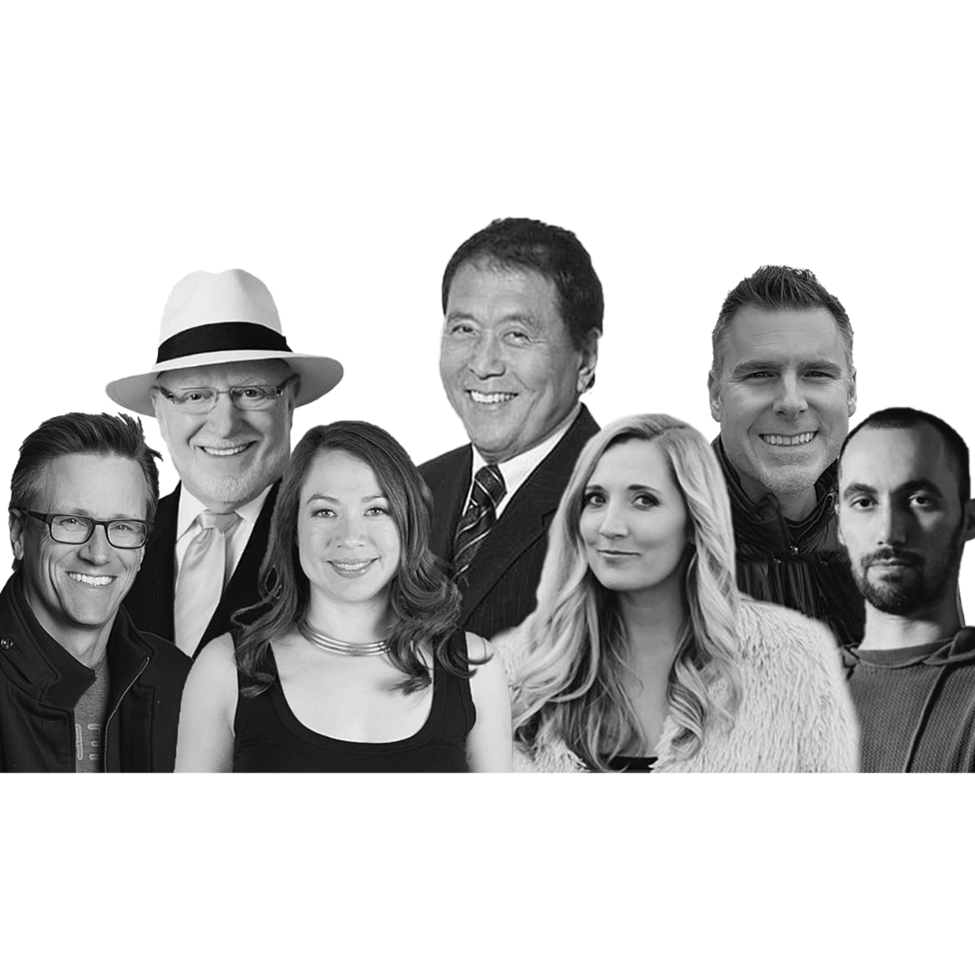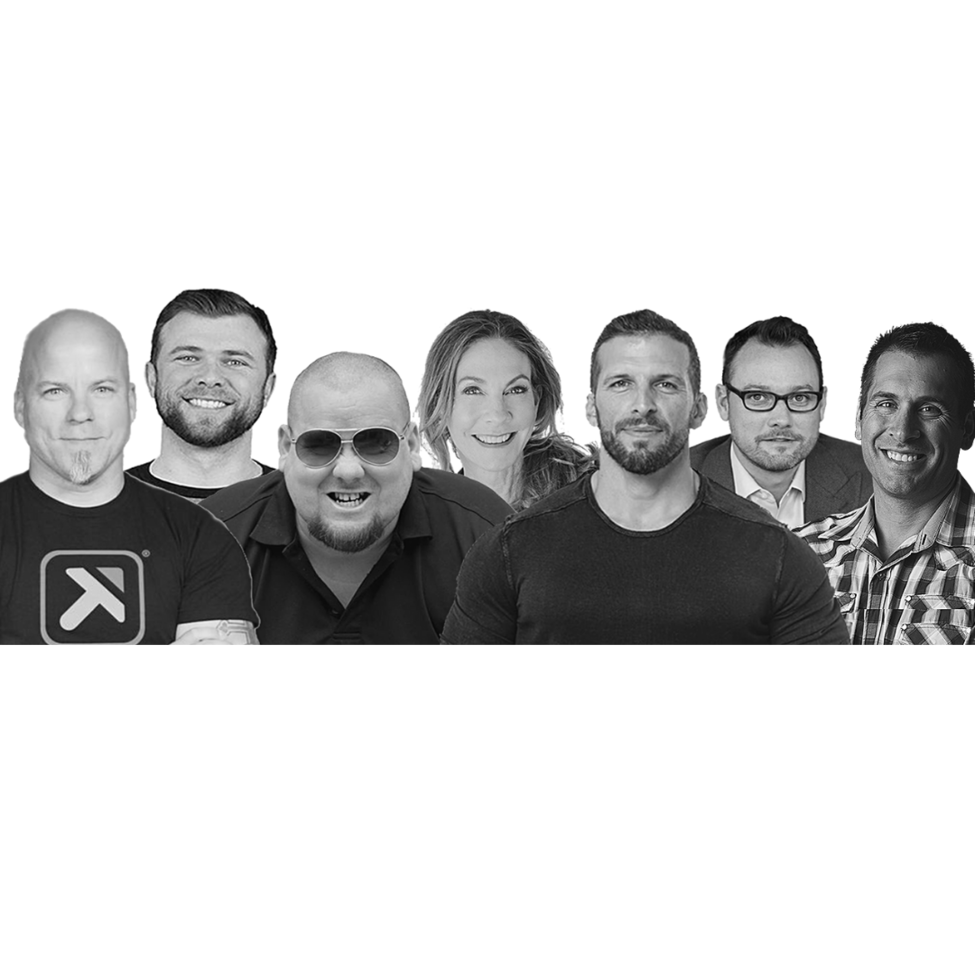Implementing Selflessness and How to be Authentic in the Process
with Josh Felber
Video:
Audio:
with guests Jeremy Adams, Rashawn Copeland, David Wood, Jonathan Keyser, Riley Dayne, and David Bayer #MakingBankS4E46
We learned a lot about gratitude, giving back, and building better personal and professional relationships in this week’s episode. There was a ton of great information on how to use these tools, so let’s start to unpack some of that information into viable ways to build a more authentic and empathetic business as well as connect to others through actions. Let’s begin with selflessness, which can be viewed as a building block to reaching other forms of giving back, gratitude, as well as finding a way to use a servant mindset in building a set of authentic core values.
Implementing selflessness can be a pivotal way to not only grow professionally but also allows you to build more meaningful relationships with others and with yourself.
What Is Selflessness?
Selflessness is defined as having “concern more with needs and wishes of others than with one’s own.” To break this down, it essentially this means to put others before yourself, the opposite of selfishness. There are small examples of people showing acts of selflessness in everyday life. Some common examples include, holding the door open for another person, moving down a seat or two at the bar so other patrons can have a bit more room to relax, or even letting someone go through the checkout process at the grocery store that has fewer items than yourself. These may be small acts that some don’t think twice about but these are all great examples of acting with selflessness in everyday life.
Selflessness In This Episode
There were a ton of great examples of selflessness presented in this episode and those examples can be adjusted to fit your mission in a cohesive way. Rashawn Copeland spoke to the point of leaving behind a good foundational structure not only to the next generation, but even further to the next one after that, leaving behind something for your grandchildren. This is a wonderful example of a business owner using their business to make the personal lives of others better, even when those lives haven’t yet been created, what an amazing sense of seeing the bigger picture. David Wood spoke to the importance of being able to really connect with people, when you aren’t able to connect with others the actions you take are then only serving yourself, clearly not selflessness. Doing the work before hand within yourself to be able to have these meaningful and deep connections with others can pave the way on your path to selflessness. He went on further to say that by being able to have these real connections with others and being able to speak your truth will naturally make people want to work you. If no one wants to work with you, how can you be acting in any selfless way? Riley Dane brought up the point that helping others can absolutely be your primary business motivation, and being able to solve a problem for others can also be a financially successful place to do business. Jonathan Keyser noted a key point of his acceptance speech when being honored with a notable professional award about company culture; he said that within his organization “all we do is try to help each other succeed. We all collectively rise.” Powerful words and most definitely embodies a wonderful standard of selflessness within the company culture.
Being Authentic On Your Selflessness Mission And Implementing These Ideals In All Aspects Of Life, Both Personal And Professional
We gave a few small examples of everyday acts of selflessness in the first section, so let’s dive deeper into how to be more selfless while also being authentic in your actions. Building on the examples from before let’s start with workplace implementation, if this concept of selflessness seems overwhelming then start small. Have meetings with your employees and find out what makes their life harder in the workplace and then seek solutions for them to better their work life experience. For example, say a common theme is employees are losing motivation mid-afternoon, implementing some way to recharge the employees can really better their experience, whether it be a 20–30 minute exercise class done on company campus or you have their favorite coffee delivered to them, these are easy examples of actively listening to needs of others and helping in a practical way to better their situation. Another example could be simply showing appreciation for the hard work these employees do for you and your company. Perhaps the sales team got that white whale client or project you’ve always wanted, find a way to say thank you in a tangible and meaningful way. Example, say the employees on the sales team love to go bowling, perhaps you could let them take a half-day on Fridays for the next month with expenses paid at the local bowling alley. This is another example of you showing up for those employees that continue to show up for your business in a way that feels personal to them, by listening to their interests and showing appreciation in a fun way. Another example in a more personal relationship setting can be how you interact with your household. Say your kids and your dog love playing catch, but your wife also deserves to have some time to herself, carve out time to take your kids and your dog to the park a few times a week, a win-win. You get to see the kids enjoying themselves in an activity they love and your wife gets some time to herself, these are the relationships that are most vital in your life and showing simple acts of selflessness like this one example can really go a long way. I think a lot of you will find that being selfless and seeing how that impacts others’ lives will bring a sense of joy and purpose to your own life. The concept doesn’t have to be overwhelming and being selfless all the time is not really the point, it is being true about the intentions behind your actions, and taking those actions to make someone’s day a little or a lot better.
Topics
- Accelerated Learning
- Artificial Intelligence
- Become Present
- Blockchain
- Branding
- Business
- Education
- Entrepreneurship
- Family
- Finance
- Health
- Health & Wellness
- Internet Marketing
- Investing
- Leadership
- Lifecoach
- Marketing
- Negotiation
- Performance
- Productivity
- Publicity
- Real Estate
- Sales
- Sales Success Habits
- Video Marketing
- Writing

















